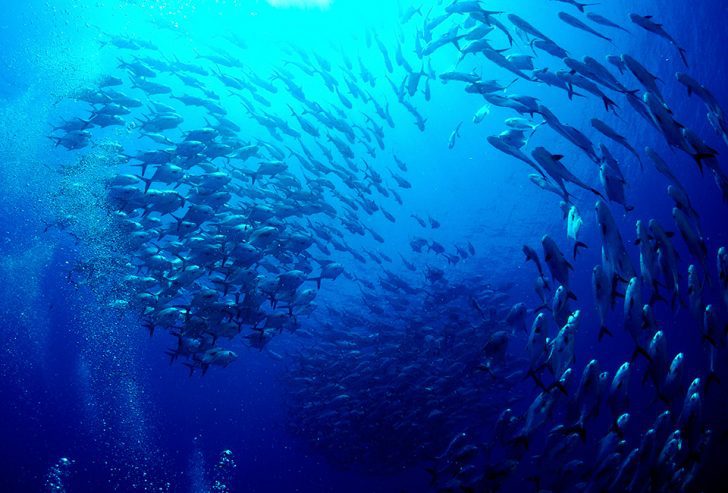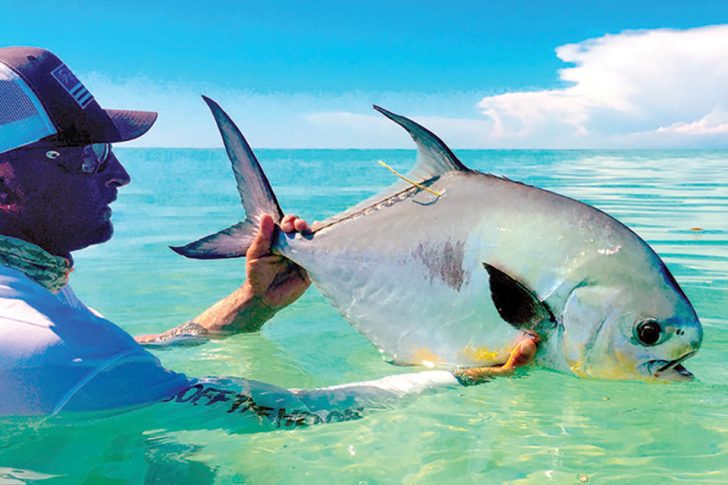About 10 miles southwest of Key West, Western Dry Rocks is an area of reef and rocks known for large spawning aggregations of permit and various snapper and grouper species. Its proximity to Key West as well as the dependable nature of the fishery make it a popular fishing spot, especially for charter captains and private anglers in search of bountiful half-day trips.
Over the past few months, the Florida Fish and Wildlife Resources Commission (FWC) has been mulling a seasonal closure at Western Dry Rocks to allow some of these spawning aggregations to go unmolested by angling pressure. Most recently, FWC held workshops and gathered public input on a proposal to close fishing at a 1-square-mile area at Western Dry Rocks from May through June for the next five years. This time period is the heart of the season when several species congregate to spawn in a relatively small area, which leads to the kind of spectacular fishing that can do damage to overall populations.
Western Dry Rocks is a unique environment where it is thought these aggregations play a role in supporting fish populations throughout the Florida Keys and up into nearshore waters of South Florida. Swirling ocean currents collect fish eggs and larvae and carry them northeast up the coast, where they are deposited. Also, Bonefish & Tarpon Trust (BTT) has conducted tagging studies, which show permit from throughout the Lower Keys travel up to 50 miles to the annual aggregation at Western Dry Rocks.
FWC data shows angler effort absolutely centers around known aggregation areas, which makes sense. Numerous Keys fishing guides are understandably unhappy about the prospect of a closure.
Permit, yellowtail snapper, mutton snapper and gray snapper are all known to aggregate at Western Dry Rocks from April through July. Other species, such as black, Nassau and gag groupers, aggregate at Western Dry Rocks during the cooler months, and they are already protected by seasonal bag limits.
BTT has called out for an even longer, four-month closure from April to July at Western Dry Rocks, to encompass the entire spawning season for permit. Permit harvest is already closed throughout the Keys from April through July; however, BTT studies show up to 39 percent of hooked permit at Western Dry Rocks were eaten by sharks before they made it to the boat.
“When spawning aggregations are protected, the predictable outcomes are more abundant fish populations with a greater abundance of larger fish in the surrounding area,” reads the BTT press release.
At presstime, FWC was collecting public input prior to taking action on the proposal for a seasonal closure at Western Dry Rocks.

